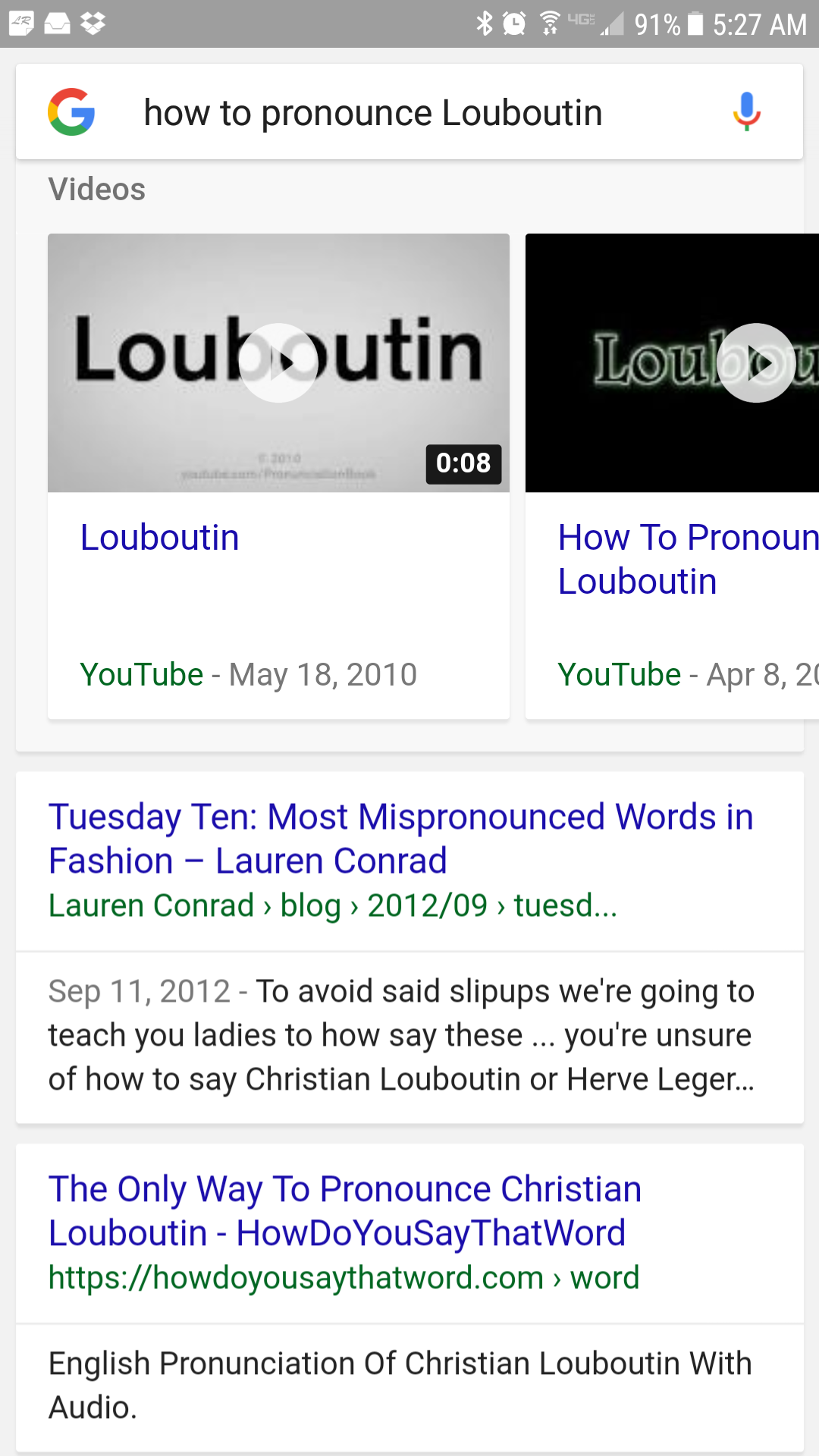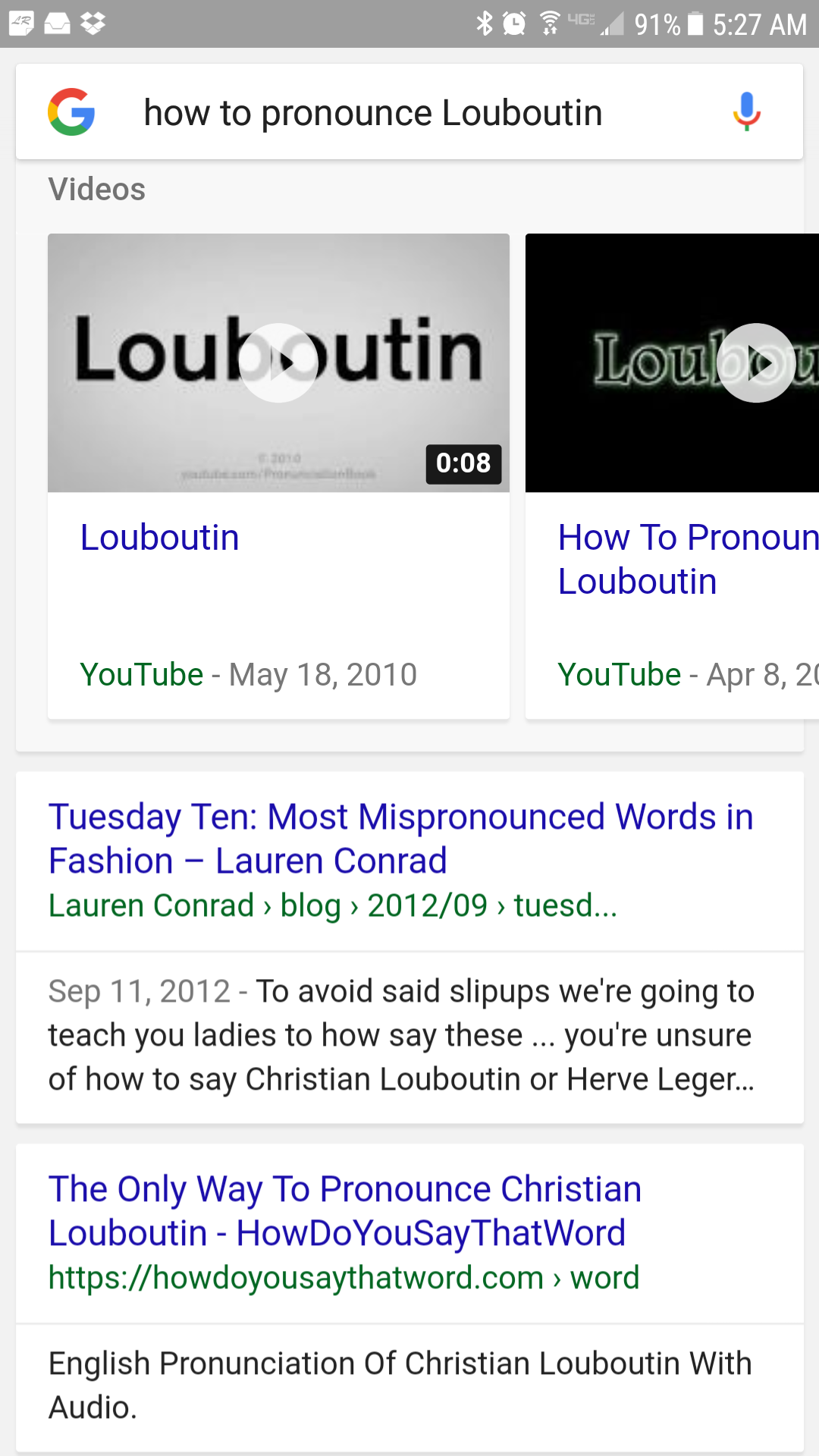Content sites may have a natural advantage in voice search. But ecommerce sites can garner visitors from voice searches, too. Follow these five steps to learn how to optimize your ecommerce site for voice search to drive more brand impressions, traffic, and sales.
Use Natural Language
Seventy percent of voice searches are natural-language searches, as I discussed in last week’s article, “SEO: Voice Search Is Here. Are You Ready?” Target questions and other phrases that real people would say when speaking to friends and family. Marketing jargon and promotional phrases are less likely to perform in voice search because searchers are less likely to speak the queries that contain them. Using the words that searchers use is always important in SEO, but it’s even more important in voice search.
To identify natural search patterns, mine keyword research for natural-reading phrases. They will typically be longer and less frequently searched than the short phrases that marketers often create content around, but they are usually less competitive and thus easier to win.
Voice searches tend to be top-of-the funnel and may not sell product immediately. However, they increase brand impressions and awareness, create goodwill, improve reputation, and build loyalty — all of which increase the likelihood of a future purchase.
Don’t Overlook Mispronunciations
More shoppers will find their way to your ecommerce site if you show them (and search engines) the connection between the product you sell pronounced correctly and the product they want to purchase pronounced incorrectly via voice search. Search engines already make the connection between the most frequent pronunciations and the product that voice searchers are looking for — brands like Adidas and Chevrolet.
Less mainstream brands have a harder time in voice search, however, and that translates to an SEO opportunity. For example, Christian Louboutin and other luxury shoe retailers miss the opportunity to educate shoppers on a key aspect of ownership: correct pronunciation of the brand name. Perhaps more affluent shoppers would purchase Louboutins if they felt comfortable speaking the brand name aloud to their friends.

Look for these opportunities among the products and brands you sell. Don’t optimize standard product content with misspelled words — it’s…

COMMENTS